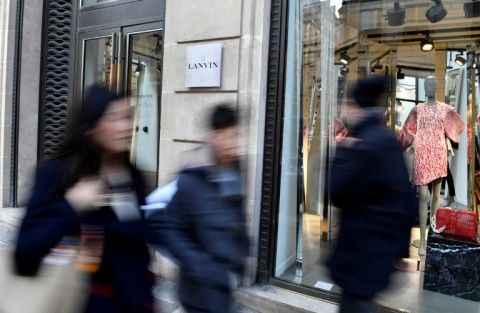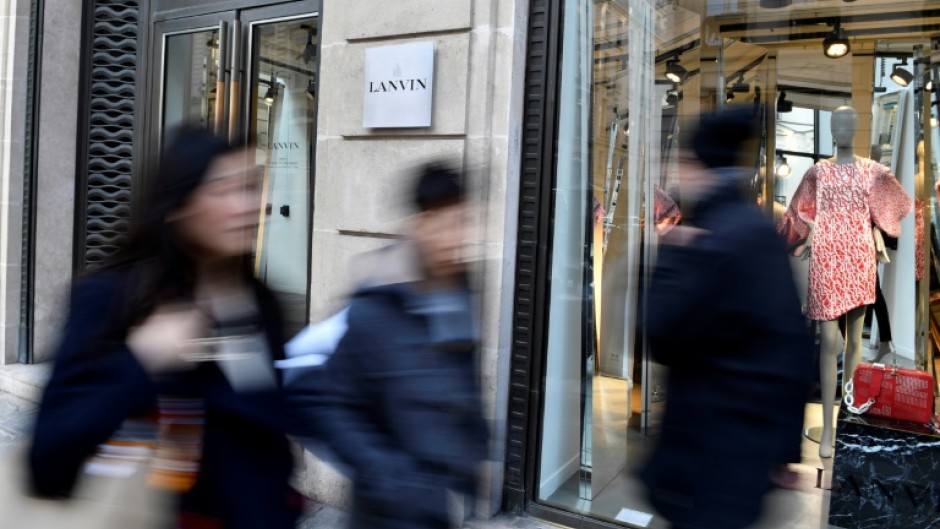
PARIS - The European luxury sector is welcoming the end of pandemic lockdowns in China, as the return of big-spending Chinese tourists could sustain further growth.
Prior to the pandemic, Chinese tourists visiting Europe were a major source of sales for luxury houses.
The Chinese accounted for "a third of luxury purchases in the world and two-thirds of those purchases were made outside China", said Joelle de Montgolfier, head of the luxury division at management consulting firm Bain and Company.
Their return has led RBC bank to revise up its growth forecast for the sector this year to 11 percent, from seven percent previously.
"China reopening is one of the key 'mega-themes' for the luxury sector in 2023," RBC Bank said in a recent note to clients.
After a drop in 2020, the luxury sector managed to surpass its pre-pandemic sales in 2021.
"The Chinese consumed, but only in China," said Bain's de Montgolfier.
"In 2022, it was much more complicated with unexpected confinements in the country," she added.
Nevertheless, that didn't hold the sector back from making an estimated 22 percent jump to 353 billion euros ($384 billion), according to a November forecast by Bain and Company.
That growth was supported by the wave of post-lockdown US tourists visiting Europe armed with a strong dollar, as well as Korean and Southeast Asian tourists.
Another pleasant surprise was Europeans "who had been ignored for decades... and were more interested in luxury goods than expected", said Erwan Rambourg, a luxury industry insider turned analyst and author of the book "Future Luxe: What's Ahead for the Business of Luxury".
- 'More staff' -
With the lifting of travel restrictions in China "there will be a considerable return of Chinese tourists but that will be more likely in the second quarter", said Arnaud Cadart, a portfolio manager at asset manager Flornoy.
"The pandemic is still very active in China and it will affect lots of people."
The Chinese tourists may be needed if the flow of US tourists slows.
"European boutiques need this rebound in Chinese clientele to replace its American clientele which could buy locally," said Cadart.
They also need to readapt to Chinese customers, who tend to travel in groups, and will join a large number of US tourists.
"There are already lines in front of the boutiques even without Chinese clients... they need more staff," said de Montgolfier. Otherwise, they risk a "degradation of the experience" of shopping in a luxury boutique.
Another concern: the volume of merchandise that Chinese customers will want to buy is unclear. The sector likes to keep volumes low and does not discount to ensure exclusivity.

